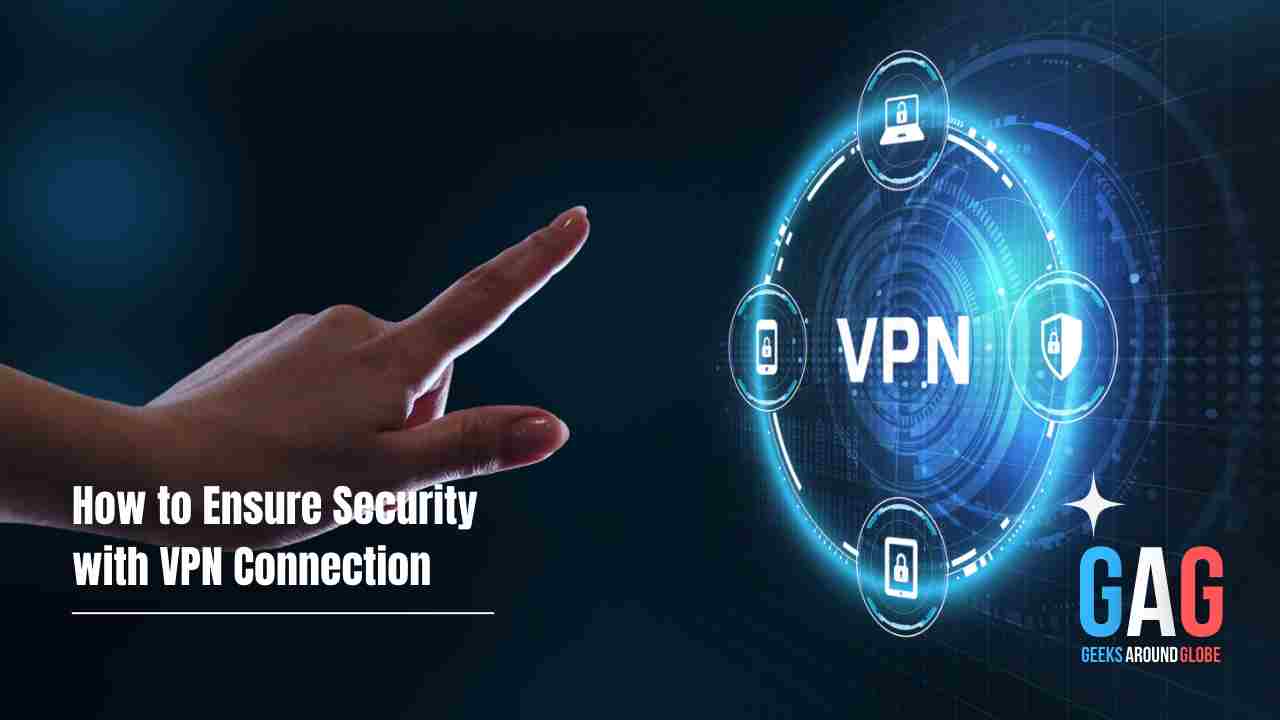As the impact of Covid-19 continues to be felt, the business world must continue to adapt to meet its challenges.
Many organizations have had to make significant adjustments, and software tools are key
The right business tools do everything – from establishing your brand identity to tracking performance to streamlining collaboration.
Below are 8 of the best.
1. Wix Logo Maker
For any business that wants to thrive in today’s competitive marketplace, it’s essential to establish a professional identity that sets you apart from the crowd.
Your logo establishes your business identity and should be a meaningful and memorable touchstone for consumers.
Wix is one of several online platforms that allow you to easily create a logo that presents your business as you want it to be perceived by the public.
This tool allows you to design, customize and edit the logo yourself, without having to pay a professional designer. You simply choose from several online templates, to find one that best captures the image you want to project.
2. Google Docs
Google Docs is a cloud-based tool for creating documents to be shared amongst team members. They can simultaneously edit or comment on the work being done by co-workers. The writing and edits are saved as the work is being done – in real-time
It allows you to quickly and easily upload documents and images and share a link with those who need to access them.
It’s a great time-saver, because you don’t have to rely on physical devices such as USB flash drives in order to share material.
Even better – there’s no worry about losing or misplacing your work, since it’s stored in the cloud.
3. Mailchimp
Mail Chimp allows you to send out emails or newsletters to tens of thousands of prospects simultaneously.
You can use it to tag customers according to browsing and purchasing history, and target your emails accordingly. This is very useful when the goal is to target a particular group of customers with a specific message.
For example, if you’re running a home maintenance or repair business, you’ll tag customers for particular services they’ve received. Once you’ve tagged them, you can contact them with a targeted message to remind them about the service.
The more targeted the email, the greater the likelihood that its recipient will open it and respond.
4. Zoom
In these days of enforced isolation, Zoom meets a significant need.
It allows friends, family, coaches, mentors, employers, and workers to stay connected and actually “see” each other.
Zoom is a free cloud-based platform that enables audio and videoconferencing, webinars, and chat.
It allows for unlimited numbers of group conferences or one-on-one meetings, all of which are secured with encryption.
Bonus feature: its responsive technology can shift the video feed to whoever is currently speaking – so you don’t require active video management.
5. Google Analytics
As an online business owner, you need to track and analyze your visitor traffic. Google Analytics does exactly that.
It measures and analyzes your website traffic, providing important information about the source of your site’s traffic, and pinpoints the demographics of your target audience.
This information is integral to reviewing and revising your marketing strategy. It can identify, for example, the parts of the world where your website is being accessed most frequently – which lets you know how to target your messaging.
You don’t need great tech expertise. Google Analytics provides information in the form of easy-to-read text, charts, and graphs to give you a better understanding of your site’s visitors.
6. Slack
“Slack” is an acronym that stands for: “Searchable Log of All Conversation and Knowledge”.
And that effectively sums up what it does.
Its central function is to facilitate communication amongst team members that are remote or distributed across different workspaces.
That makes it an important tool for businesses and NGOs with international offices – but it’s also helpful for remote freelancers who have multiple clients.
It can be accessed on smartphone and desktop devices either by downloading the standalone app or using it in your device’s browser.
7. Hootsuite
If you’re feeling overwhelmed by the details and demands of social media campaigns, Hootesuite can simplify things.
It’s a social media manager that allows you to plan your social media content before you actually post.
You can manage your posts, in addition to interacting with comments from social media platforms like Instagram or Facebook.
It also provides you with a calendar for upcoming content, so you’re able to actually view the content that will be posted.
If you’re on the move, there’s a mobile app for scheduling and social media interaction.
8. Hubspot
It’s named “Hub” for a reason: it brings together multiple tools for customer service in one centralized location.
With HubSpot, you’ll get tools for content management, social media marketing, web analytics, customer support, and more – all under one roof.
It offers integrative features for NetSuite, Salesforce, and more. It also provides third-party services like extensions and templates.
It offers consulting services, and hosts an academy that can help you learn about inbound marketing strategies.
This is a comprehensive tool that can streamline your marketing strategies and operations.
Conclusion
The global pandemic has forced many businesses to rethink the way they operate.
These are just some of the many business tools that can help you remain competitive and reach your target audience in a more meaningful way.







